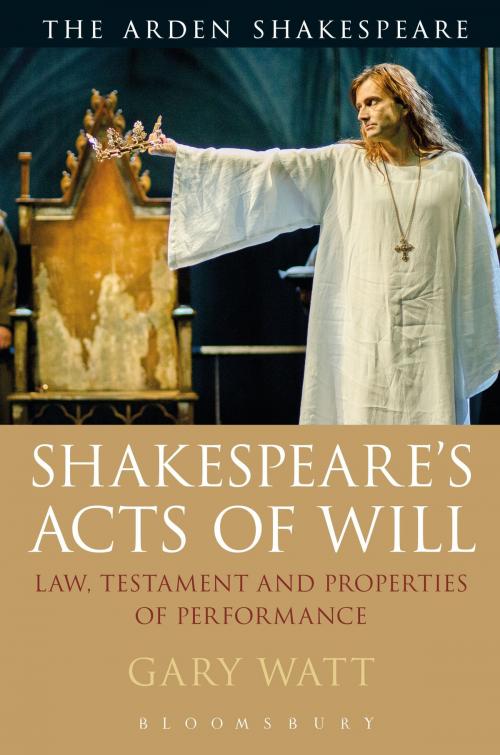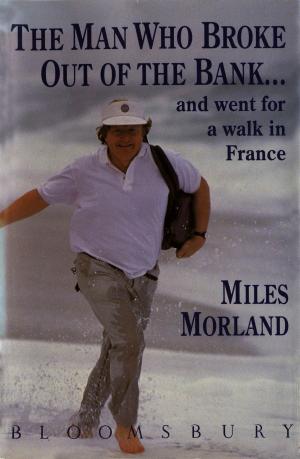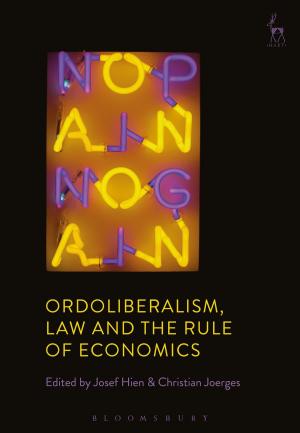Shakespeare's Acts of Will
Law, Testament and Properties of Performance
Fiction & Literature, Literary Theory & Criticism, British, Nonfiction, Entertainment, Drama, Shakespeare| Author: | Professor Gary Watt | ISBN: | 9781474217866 |
| Publisher: | Bloomsbury Publishing | Publication: | July 28, 2016 |
| Imprint: | The Arden Shakespeare | Language: | English |
| Author: | Professor Gary Watt |
| ISBN: | 9781474217866 |
| Publisher: | Bloomsbury Publishing |
| Publication: | July 28, 2016 |
| Imprint: | The Arden Shakespeare |
| Language: | English |
Shakespeare was born into a new age of will, in which individual intent had the potential to overcome dynastic expectation. The 1540 Statute of Wills had liberated testamentary disposition of land and thus marked a turning point from hierarchical feudal tradition to horizontal free trade. Focusing on Shakespeare's late Elizabethan plays, Gary Watt demonstrates Shakespeare's appreciation of testamentary tensions and his ability to exploit the inherent drama of performing will.
Drawing on years of experience delivering rhetoric workshops for the Royal Shakespeare Company and as a prize-winning teacher of law, Gary Watt shows that Shakespeare is playful with legal technicality rather than obedient to it. The author demonstrates how Shakespeare transformed lawyers' manual book rhetoric into powerful drama through a stirring combination of word, metre, movement and physical stage material, producing a mode of performance that was truly testamentary in its power to engage the witnessing public.
Published on the 400th anniversary of Shakespeare's last will and testament, this is a major contribution to the growing interdisciplinary field of law and humanities.
Shakespeare was born into a new age of will, in which individual intent had the potential to overcome dynastic expectation. The 1540 Statute of Wills had liberated testamentary disposition of land and thus marked a turning point from hierarchical feudal tradition to horizontal free trade. Focusing on Shakespeare's late Elizabethan plays, Gary Watt demonstrates Shakespeare's appreciation of testamentary tensions and his ability to exploit the inherent drama of performing will.
Drawing on years of experience delivering rhetoric workshops for the Royal Shakespeare Company and as a prize-winning teacher of law, Gary Watt shows that Shakespeare is playful with legal technicality rather than obedient to it. The author demonstrates how Shakespeare transformed lawyers' manual book rhetoric into powerful drama through a stirring combination of word, metre, movement and physical stage material, producing a mode of performance that was truly testamentary in its power to engage the witnessing public.
Published on the 400th anniversary of Shakespeare's last will and testament, this is a major contribution to the growing interdisciplinary field of law and humanities.















